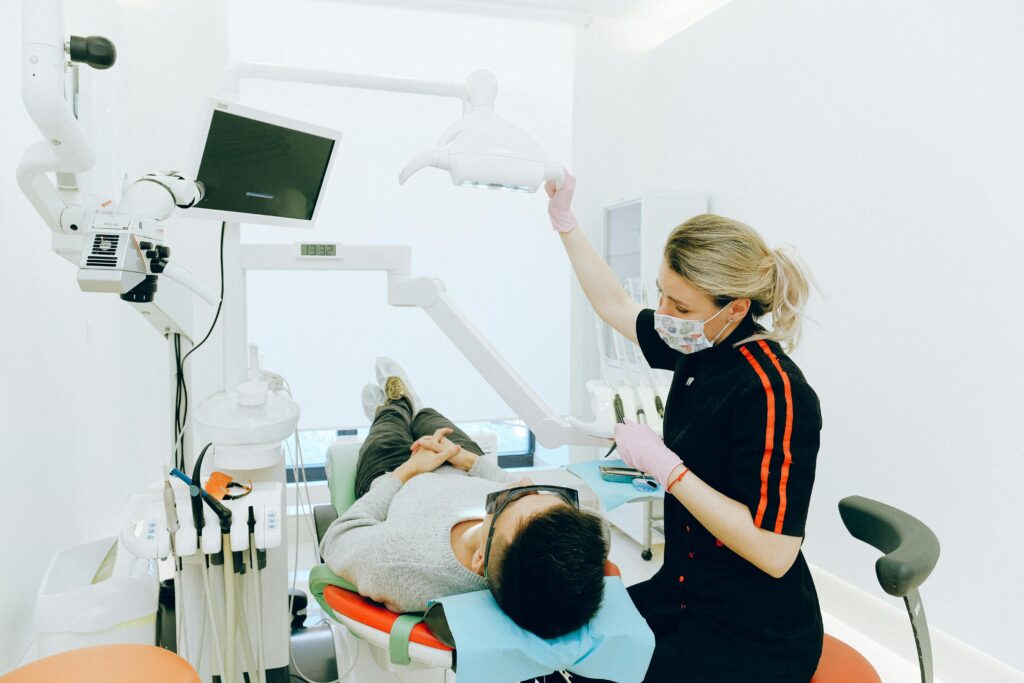What’s the Difference Between NHS and Private Dentists?
Choosing between NHS and private dental care can feel overwhelming, but understanding the key differences helps you make an informed decision. The main variances lie in treatment availability, cost, appointment time, and continuity of care. This guide explores everything you need to know so you can decide which option suits your needs best.
Treatment Options
NHS dentists provide treatments that are clinically necessary to maintain oral health. This includes check-ups, fillings, extractions, and dentures. Private dentists, on the other hand, offer a much wider range of services, including cosmetic procedures such as teeth whitening, veneers, and smile makeovers.
If your main requirement is to improve dental health, the NHS should suffice. But if you’re looking to enhance the appearance of your smile or access the latest dental technology, private care offers more flexibility.
Length of Appointments
NHS appointments are typically shorter due to high patient demand and set treatment frameworks. Private dentistry often allows extended appointment times, granting more personalised attention, detailed examinations, and in-depth consultations.
Eligibility
Most UK residents are eligible to receive NHS dental care. You do not need any special criteria to attend an NHS dentist, but some treatments may only be available to specific groups (such as children under 18, pregnant women, or those on qualifying benefits who may receive free care).
Private dental care is available to anyone willing to pay for the services, regardless of age or employment status.
Cost of Services
NHS dental treatment follows a banded pricing system in England, designed to keep dental care affordable:
- Band 1: Covers examinations, advice, and basic care like polishings and X-rays.
- Band 2: Includes everything in Band 1 plus fillings, root canal treatments, and extractions.
- Band 3: Covers all Bands 1 and 2 plus complex procedures like crowns, dentures, or bridges.
In contrast, private charges are set by the individual practice and can vary significantly. However, they often include more advanced materials and treatments not available on the NHS.
Availability
One of the biggest challenges with NHS dentistry is availability. Many practices have long waiting lists, and new NHS patients are sometimes not being accepted—particularly in high-demand areas. Private dentists usually have more flexible scheduling and can often accommodate new patients more quickly.
Continuity of Care
With private dental care, you’re more likely to see the same dentist consistently, ensuring continuity and a stronger patient-dentist relationship. NHS practices—due to larger patient loads—might not offer the same consistency, though this can vary by location.
Mixing NHS and Private Treatment
It’s entirely possible to receive both NHS and private treatments from the same dental practice. For example, you might choose to have a necessary tooth filling done under NHS care, while opting for a cosmetic whitening procedure privately. Just be sure the practice offers both options and is transparent about the treatment plan and costs.
When to Choose NHS or Private Dental Care
- Choose NHS: If you require essential, clinically necessary care and wish to keep costs down.
- Choose Private: If you value shorter wait times, cosmetic improvements, and enhanced treatment options, or if NHS availability is limited in your area.
Ready to Experience Personalised Dental Care Tailored to Your Needs?
Whether you opt for NHS care or private treatment, the right choice depends on your needs, budget, and personal preferences. If you’re ready for tailored dental care with flexible options and a patient-first approach, reach out to a clinic offering both services to make the transition seamless.
FAQs
Can I switch between NHS and private dentists?
Yes, you can move between NHS and private care at any time. Some practices even offer both options under one roof for your convenience.
Are cosmetic procedures covered under NHS care?
No, the NHS doesn’t cover treatments deemed purely cosmetic, such as tooth whitening or veneers. These are available through private dentists only.
What if I need a treatment not covered under NHS care?
You can choose to have certain elements of your care privately while maintaining your NHS dental registration. The treatment plan should clearly specify which parts are NHS and which are private.
Do private dental appointments cost more than NHS appointments?
Yes, private appointments typically involve higher costs because of the extended time, premium materials, and broader treatment options offered.
Can I see the same dentist for every appointment?
You’re more likely to consistently see the same dentist under private care. NHS practices vary, depending on availability and scheduling, but it’s not always guaranteed.






